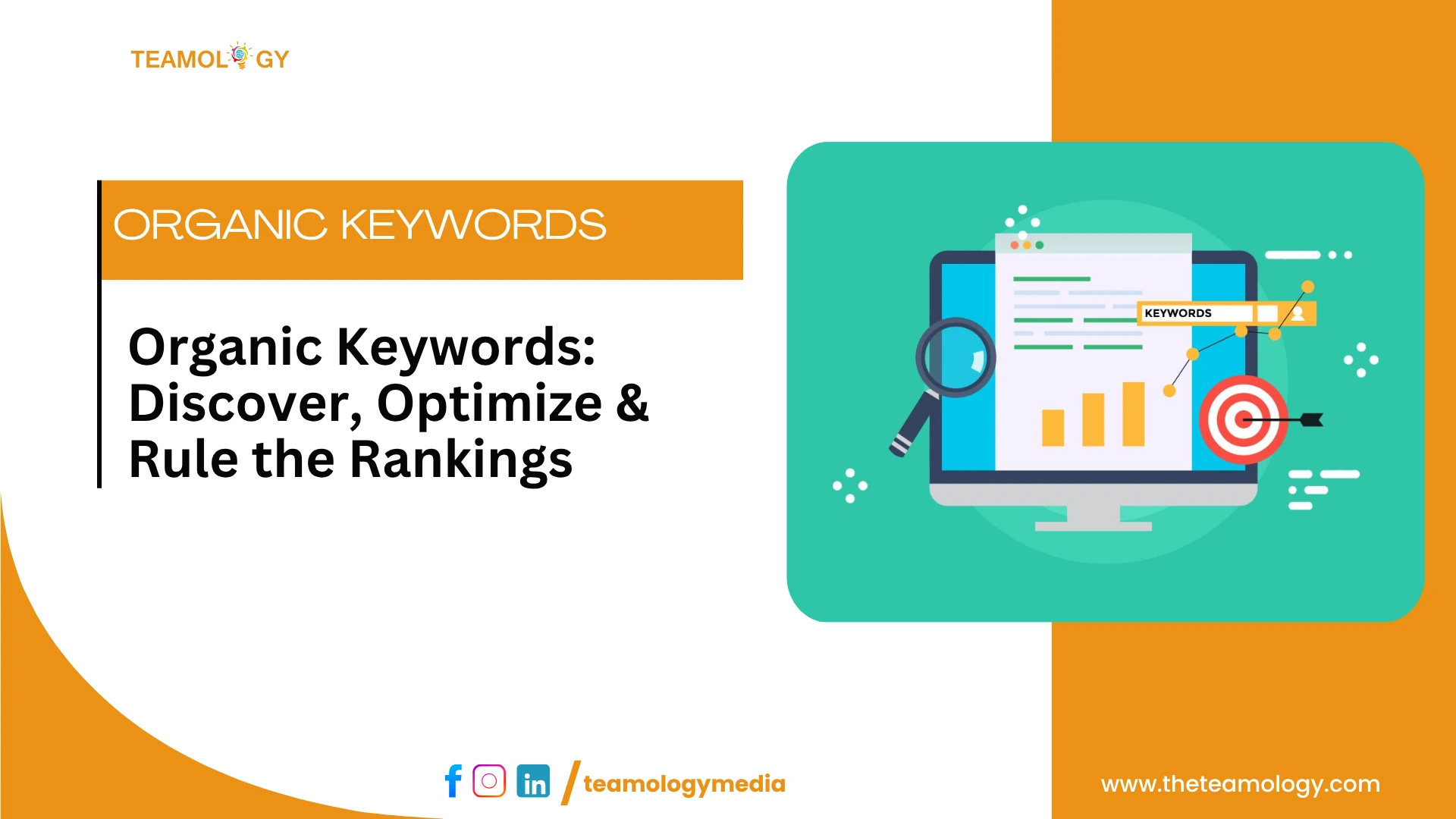Introduction
Organic keywords are the lifeblood of sustainable online visibility, serving as the invisible bridge connecting your website to potential customers. Let’s dive into the world of organic keywords by breaking down this essential SEO concept in a way that makes sense for everyone.
What happens when someone searches online? They’re looking for solutions, information, or answers to their specific needs. The words they type into that search box are what we call organic keywords, and understanding them can dramatically improve your online visibility.
What Are Organic Keywords?
Organic keywords are the specific words or phrases that users naturally type into search engines when looking for information, products, or services online. Think of them as the bridge connecting your website to potential customers who are actively seeking what you offer.
The key insight is simple: when your website ranks well for these organic search keywords, users can find your content without you paying for advertisements. Unlike paid ads that require ongoing financial investment, organic keywords help websites rank naturally in search engine results pages based on relevance and content quality.
Here’s what makes organic keywords different from paid keywords:
Organic Keywords:
- Generate free traffic when your website ranks naturally
- Require time investment in content creation rather than direct financial expenditure
- Rankings are earned through quality content and authority
- Results appear in the main section of the search results
Paid Keywords:
- Involve bidding for advertisement placement
- Require ongoing financial investment through pay-per-click (PPC) models
- Position is determined by bid amount and quality score
- Results are displayed in a separate category called “Sponsored” or “Ad”.
Why Organic Keywords Matter for Your SEO Success
Understanding what organic keywords are is just the beginning. The real power lies in recognizing why they’re vital for your online presence.
1. Cost-Effectiveness That Compounds Over Time
Unlike paid advertising, SEO organic keywords don’t require ongoing payments for visibility. Once your site ranks well, it can continue to attract traffic without incurring additional costs. This makes organic keyword research a sustainable long-term strategy that builds value over time.
2. Building Trust and Credibility
Studies consistently show that users tend to trust organic listings more than paid ads. When your content appears naturally in search results, it’s perceived as more credible and relevant. This trust translates into higher click-through rates (CTR) and better user engagement.
3. Targeted Traffic That Converts
Organic keywords help attract genuinely interested visitors who are actively searching for your content, products, or services. This alignment between content and search intent leads to higher engagement metrics and improved conversion rates.
Organic Keyword Examples Across Different Industries
Let’s look at real-world organic keyword examples to understand how different businesses can approach keyword targeting.
1. Content Publishing Examples
Content publishers typically focus on informational keywords:
Topic-Based Keywords:
- “Quick weeknight dinners”
- “easy dinner recipes”
- “30-minute meals”
Question-Based Keywords:
- “How long to train for a 5k?”
- “What is a good 5k time for beginners?”
2. Education Related Keyword Examples
Educational institutions and edtech platforms often target keywords aligned with academic goals, competitive exams, and skill development:
Course/Exam-Based Keywords:
“best coaching for NEET in Delhi”
“top MBA colleges in India”
“online coding classes for kids”
Career-Focused Keywords:
“which stream is best after 10th”
“how to become a data scientist in India”
“government exams after graduation”
3. BFSI sector keyword Examples
The BFSI industry focuses on high-intent, trust-driven keywords related to investments, loans, insurance, and digital banking:
Product-Based Keywords:
“best credit card with cashback in India”
“top mutual funds to invest in 2025”
“zero balance savings account online”
Problem-Solving Keywords:
“how to improve CIBIL score quickly”
“term insurance vs life insurance”
“home loan eligibility calculator India”
Best Practices for Using Organic Keywords Effectively
Once you’ve identified your target organic keywords, strategic implementation is crucial:
On-Page Optimization
a. Title Tags:
- Place your main keyword near the beginning
- Keep titles under 60 characters
- Make them compelling to encourage clicks
b. Headings (H1, H2, H3):
- Use your primary keyword in the H1 heading
- Incorporate secondary keywords in subheadings
- Maintain logical hierarchy
c. Content Integration:
- Use your primary keyword in the first 100-150 words
- Incorporate variations and synonyms naturally
- Avoid keyword stuffing
Keyword Clustering Strategy
Instead of creating separate content for similar keywords, group related terms based on search intent. For example, rather than individual articles for “best surround system” and “top surround sound system 2025,” create one comprehensive guide targeting both keywords.
Moving Forward with Your Organic Keyword Strategy
The key insight is simple: organic keyword success isn’t just about rankings—it’s about connecting with people who are actively looking for solutions you provide.
Start with the tools and techniques outlined here, monitor your results, and continuously refine your approach based on what the data tells you. When you align your content with genuine search intent and provide real value, organic search traffic becomes a powerful driver of sustainable business growth.
Still not sure how to find organic keywords for your business? Contact us to leverage a step-by-step guide from our SEO experts on how to discover and use the best organic keywords to boost your brand visibility.


